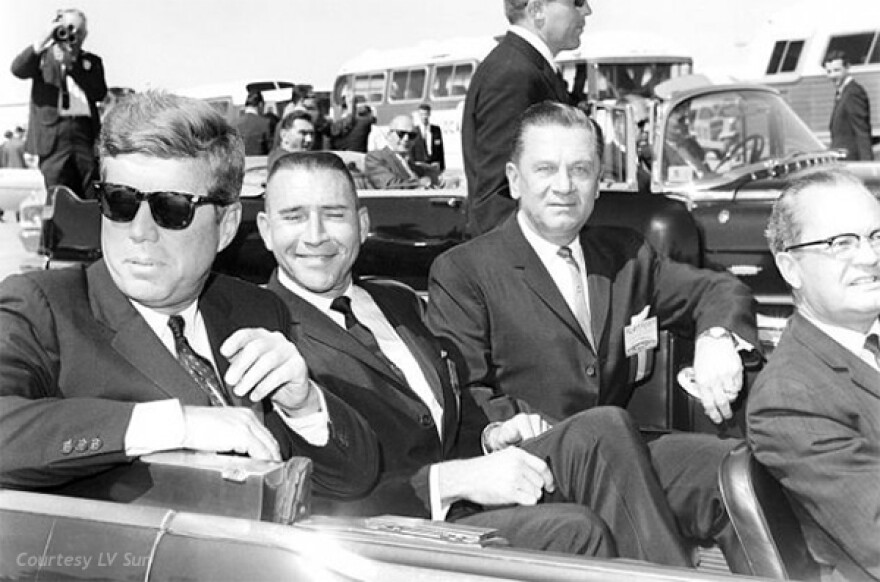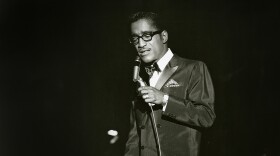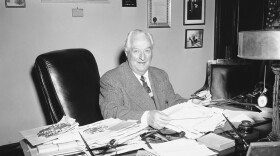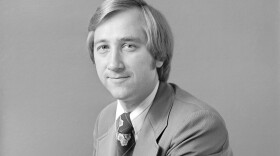Can it be fifty years? Dallas, November 22, 1963. To some it meant the end of an age of innocence. To others it meant something completely different. But nobody can deny that American history would have been far different if John Kennedy had lived.
JFK had numerous connections to Nevada. Some were political or tied to policy. Others were, yes, a bit racier or more questionable. But all of those connections, real or imagined, mattered.
In 1958, a Kennedy family friend, attorney Hy Raskin, came to Nevada. He was trying to decide who to support in a Democratic primary for governor. After checking out the candidates, he backed Grant Sawyer. The Kennedys were looking toward 1960 and lining up support. At the 1960 convention, Sawyer backed JFK, as did his allies and Attorney General Roger Foley.
Early in 1960, John Kennedy visited Las Vegas while the Rat Pack performed at the Sands. His brother-in-law, Peter Lawford, was part of the group. JFK apparently received campaign funds from the casino operators—not a big deal. He reportedly began an affair then with Judith Campbell, who also had been very friendly with Chicago mob boss Sam Giancana and Las Vegas mobster Johnny Rosselli. Giancana held hidden casino interests and Rosselli was involved with several operations.

The Kennedys weren’t always anti-mob. They worked with some mobsters on a plan to assassinate Fidel Castro. Since he had forced casino owners out of Cuba, organized crime interests had their own reasons to want to be rid of him. As the Bay of Pigs and the Cuban Missile Crisis showed, John Kennedy didn’t have much use for Castro, either.
Given these fraught relations with the mob, and the CIA’s role in dealing with Castro, and the mystery surrounding Lee Harvey Oswald, and the magic bullet, and everything else you can think of, it’s no wonder that so many conspiracy theories surround the Kennedy assassination. And then, two days later, Jack Ruby killed Oswald.
Ruby adds to the puzzle. He owned a Dallas club and had dealt with a variety of mobsters. He always claimed he shot Oswald because he was, as he put it, emotionally upset. With Jack Ruby, as with so much about those dark days in Dallas, we may never know, except that Las Vegas and Nevada were part of the orbit of the Kennedys, their allies, and their enemies.








